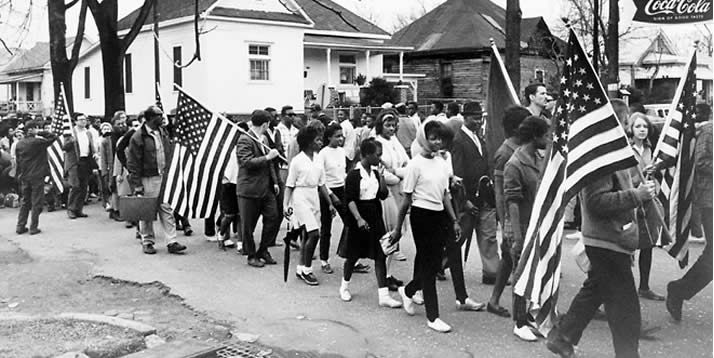Monday marked the end of the month of February and with it, Black History Month. Established in 1976, the month acknowledges the achievements of black Americans. At Calvin, Multicultural Student Development Office (MSDO) hosts events to celebrate past and present black contributions to culture.
Black History Month was ushered in with a dance party in Johnny’s on Feb. 5. Members of MSDO, the International Student Development Office (ISDO) and the Multicultural Student Advisory Board (MSAB) brought their friends and listened to music selected by a local DJ. The DJ played old favorites, such as the “Cupid Shuffle,” “Electric Slide” and “Wobble,” as well as newer songs by artists like Drake and Fetty Wap. The group dances were a favorite; those who knew the dances taught newcomers the steps so that everyone could join in. The DJ also led a round of Black History Month trivia, providing prizes for the correct answer.
On Feb. 15, Spring GR associate Attah Obande spoke about supporting entrepreneurs in Grand Rapids. Spring GR provides training to those in under-resourced communities with business ideas. A few days later on Feb. 19. “Straight Outta Compton” was shown on campus. Portraying hop culture in Compton, Calif., during the ‘80s, the film follows the rise of legends like Eric “Eazy-E” Wright, Andre “Dr. Dre” Young and O’Shea “Ice Cube” Jackson. These artists wrestled with preserving truth in their music while also producing something that would sell. The controversial film tackles topics like police brutality and music industry corruption that E-Eazy, Dr. Dre and Ice Cube faced when attempting to get record deals. Emotional and poignant, the story concludes with the reconciliation of the artists who had fall-outs earlier in their careers and Eazy-E’s struggle with HIV/AIDS.
On Feb. 23, a reading of the play “Lines: The Lived Experience of Race” was performed in the CFAC Recital Hall. An expanded version of Stephanie Sandberg’s original 2010 play, the script incorporated more interviews of Grand Rapidians sharing their thoughts on living in the city. Eight actors each portrayed between 10 and 13 GR citizens of every age, gender, race and sexual orientation. From difficulties acquiring loans to survival as new immigrants to the United States, those outside the mainstream culture of Grand Rapids shared their frustrations with inequity in housing. Another major theme involved white Grand Rapidians’ awareness of their privilege colliding with their desires to keep their children safe and in good schools, despite the inevitable perpetuation of racial segregation. Junior Jahn Davis commented that the play’s “power and strengths lie in the fact that it’s real. It’s right in front of us, and that’s what makes it uncomfortable and very personal.” The 2016 version of “Lines” will open at Wealthy Street Theater in April. For more information, visit www.stephaniesandberg.com.
MSDO facilitated a wrap-up event in the Commons Annex Lecture Hall on the final day of February. Fried chicken, greens, macaroni and cheese, cornbread and even pumpkin pie and peach cobbler were served. About 40 multicultural students, along with a few history and sociology department faculty, attended the event. A slideshow of important black Americans and their contributions to society was displayed as students ate. Former student body president Jona Eigege spoke briefly about the benefits a Calvin education provides during life after graduation. Eigege is the African representative for the Center for Strategic & International Studies in Washington, D.C.
Junior Tanesha Jordan, who attended the event, noted that she sometimes did not like the idea of Black History Month, explaining that their culture is much more than just February: “Our culture can’t be crammed into one month.”
Sophomore Kimo Cox, who attended several events, emphasized the necessity of Black History Month. He referenced Dr. King’s final speech in Memphis. “King was all about service,” Cox explained. “Matthew 10:45 talks about Jesus ministering. But we have to make sure we do service in a way that’s respectful to the people being served.” Junior Maaike Mudde noted, “Everyone should be required to take African American history at Calvin. It’s an important part of our history.” Mudde added with a laugh, “I haven’t taken the class yet. I’m taking it next year.”








